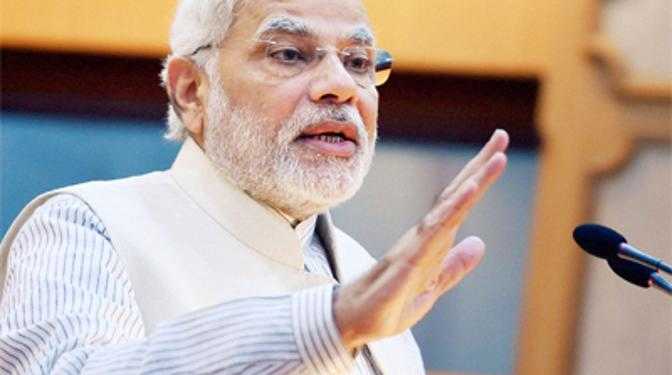In a huge step towards bringing high profile offenders like Vijay Mallya and Nirav Modi to justice, the Enforcement Directorate (ED) has moved to seize all properties of such defaulters as the Fugitive Economic Offenders Ordinance is set to roll out. What makes the new ordinance different and more effective than the procedure prior to the ordinance?
Earlier, the Central Government could seize the properties of such defaulters but could not dispose them so as to compensate for the amount in debt. Technically, the defaulters were still the owners of such properties and had legal rights to take matters relating to the said properties to a court of law. After the rolling out of the Fugitive Economic Offenders Ordinance, however, the Central Government will now be authorised to dispose of such properties in order to recover the amount due. The ED would only need the approval of the special Prevention of Money Laundering (PMLA) courts in order to move to seize such properties. Once the ED has sought the court’s approval to grant them fugitive status, no other courts in the country would be authorised to entertain any pleas in relation to the case or the attached properties formerly belonging to the accused economic offenders.
Vijay Mallya, who is defaulting repayment of loans of approximately Rs.9, 000 Crores to various banks and individuals, is especially in hot soup as the charge-sheet and arrest warrant have already been prepared. Following the expected approval of the PMLA court, he could well be the first target of the new economic offenders ordinance. The former Kingfisher and United Breweries kingpin is currently out on bail in London. Nirav Modi is also expected to be one of the first people to come in the heat of the ED’s actions with the ED just a few steps behind from completing the process in the case involving Nirav Modi and Mehul Choksi. The duo of Nirav Modi and Mehul Choksi has been involved in cheating Indian banks to the tune of Rs. 11,400 crores. They run the risk of being stripped of ownership rights to properties and assets worth Rs. 3,000 crore. ED could hasten the process of finalising the charge-sheet against the duo in order to receive swift judgement from the PMLA court in both the cases. The other offenders who could come under the net of the PMLA include hotshots such as the first Chairman and Commissioner of the Indian premier League, Lalit Modi and the former deputy collector of Mahrashtra Housing area Development Authority Nitish Thakur.
These hotshots are about to face a tough time ahead as the PMLA court decisions could lead to the confiscation of all assets belonging to the accused in India and in certain circumstances in abroad as well. The properties once confiscated would come under the ownership of the central government which would be free to appoint an administrator to sell the properties in future. Confiscations carried out under the PMLA court’s decision cannot be challenged in any other court or tribunal as the PMLA, under the latest ordinance, has the authority to declare the absconding accused as ‘fugitive economic offender’.
There are tough times ahead for the absconding economic offenders of India. The welcome move to bring the ordinance has widened the scope of ED. This will help the government in making good the losses caused by the economic offenders and to give a relief to the institutions and creditors who were cheated.
























